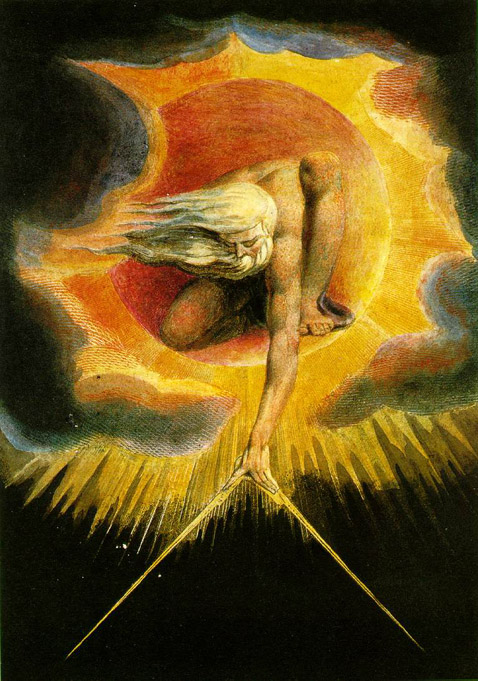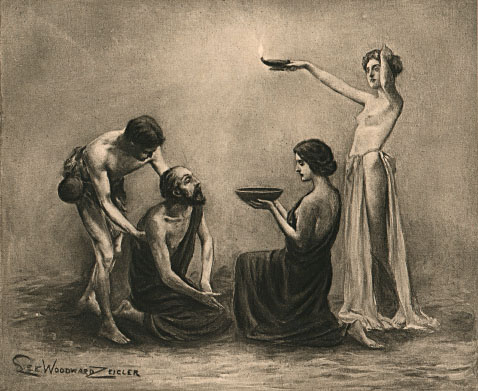
Why Freemasonry
W. L. Wilmshurst, in his book Meaning of Masonry, writes that "the very essence of the Masonic doctrine is that all men in this world are in search of something in their own nature which they have lost, but that with proper instruction and by their own patience and industry they may hope to find."

Freemasonry is not a secret society, but rather, a society with secrets. While it has taken its modern form during the Enlightenment, its traditions, symbols and lessons reach back to pre-modern times.
In studying Freemasonry every person discovers that there are many aspects to the organization. They can be divided into three main categories-philosophical, historical, and organizational.
The philosophical aspect of Freemasonry introduces the student to the profound subjects of initiation, symbolism and tradition, and their potential to impact his life for the better.

The historical aspect teaches the student how the traditions and teachings that make up Masonry came to be, their central role in the spiritual search of mankind and the way Masonry has affected the world since its emergence.
The organizational aspect helps the student understand how the organization is governed and perpetuated, and provides many opportunities for the development of leadership skills and an improved sense of personal responsibility.
The general work associated with the purpose of Freemasonry, put simply, is to provide an environment where good men can come together to pursue meaningful intellectual and spiritual growth. It is often said that Freemasonry "makes good men better."
One of the underlying tenets is the belief that with each individual that becomes a better person the entire world profits thereby.